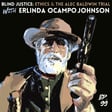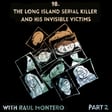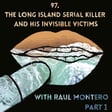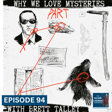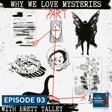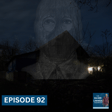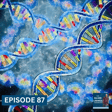
86. Making the Forensic Ties that Bind with Kristen Mittelman of Othram (Part 1 of 2)
Kristen Mittelman, co-founder of Othram, a forensic DNA and genetic genealogy company that has revolutionized the resolution of cold cases, joins Jayson for a one-on-one conversation. They discuss how she and her husband, David, went from working on the Human Genome Project to attempting to identify victims, perpetrators and the unidentified who died.
Othram's technology has made what was once impossible possible and has played a key role in the University of Idaho murders, the Long Island Serial killer case, the disappearance of Brianna Maitland and many other lesser-known cases. Kristen discusses how there will be no equity until all victims have the best possible DNA technology, whether it's Othram’s or another, applied to their cases.
If you want to support Othram’s efforts to give all victims and law enforcement agencies access to this technology, visit www.dnasolves.com.
Check out the Silver Linings Handbook website at:
https://silverliningshandbook.com/
Check out our Patreon to support the show at:
https://www.patreon.com/thesilverliningshandbook
Visit the Silver Linings Handbook store to support the podcast at:
https://www.bonfire.com/store/the-silver-linings-handbook-podcast-store/
